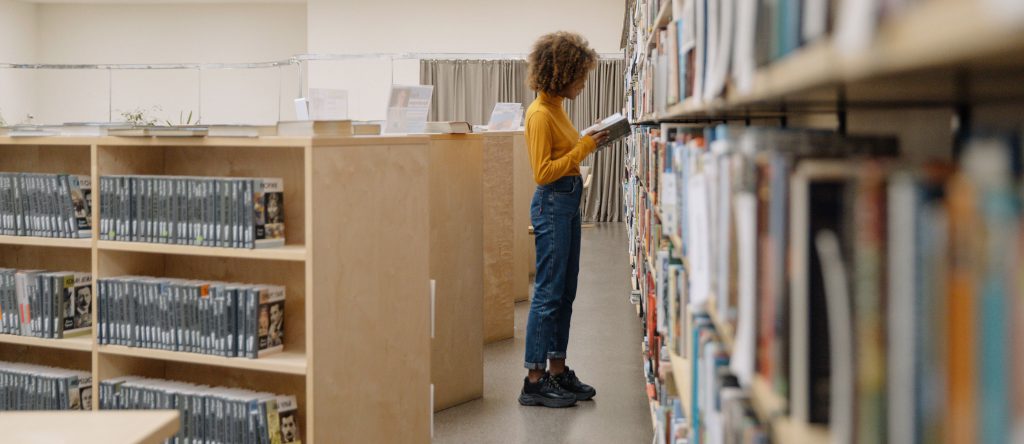
May 11, 2023
No one person or group has the right to determine what others read. That right is fundamental to democracy—and one that teachers the world over value deeply and defend.
This week, a small but vocal delegation attended a meeting of Brandon School Division trustees, calling for the creation of a committee to look at which books are appropriate for children with the intention of removing some LGBTQ-related, sexual education and other books from school libraries.
“MTS stands in firm opposition to the banning of reading material from school—or any other—libraries,” MTS president Nathan Martindale said. “Not only is this an attack on democracy broadly, but equating sexual grooming and pedophilia with queerness is an utterly false narrative and is, in our opinion, tantamount to hate speech.”
Martindale said that books that reflect all students and all families are essential to students’ personal growth, citizenship and allyship. And that such a ban has fundamental safety implications for public school teachers.
“Any teacher fulfilling their responsibilities to include all students and families in their classrooms can be targeted and intimidated into not doing their job. It is utterly unacceptable.”
Martindale added that parents have every right to make determinations about their own child’s reading material—They do not have the right to determine that for others.
“Removing library books that reflect a child’s identity is like erasing that child,” he said, “which has devastating implications.”
Books and libraries are essential to opening up the world to students. And access to information on social justice, equity, diversity and belonging is essential to the development of well-rounded citizens and allies.
Where there may be instances when an individual or group objects to the inclusion of a particular item in a school library, MTS, along with its member librarians, believe such a challenge should be handled in a respectful and professional manner, with all parties given the opportunity to share their perspectives. Clear, well-defined policies and practices around addressing challenges to school library materials are essential, as is input from teacher-librarians, educators, parents, and community members. These proceedings should be open, transparent and carried out on a case-by-case basis.
“Children count on schools to be safe places, especially in the case of 2SLGBTQ+ kids who are especially vulnerable. Books can be a life line for them. Seeing ourselves in the characters of a book is an important aspect of human development. It’s validating, empowering and a source of joy.
“Books are a window to the world and to the human condition. School libraries provide equitable access to that window for all,” Martindale added. “The Manitoba Teachers’ Society will oppose, in the strongest possible terms and at every opportunity, any attempt by any group to police what students may access in their school library. It is a direct threat to personal safety and democracy, and if it begins in schools, there is no telling where or how far such intimidation will extend. We must all speak out.”
